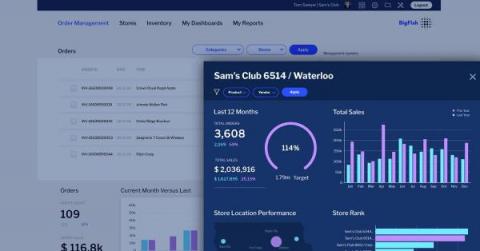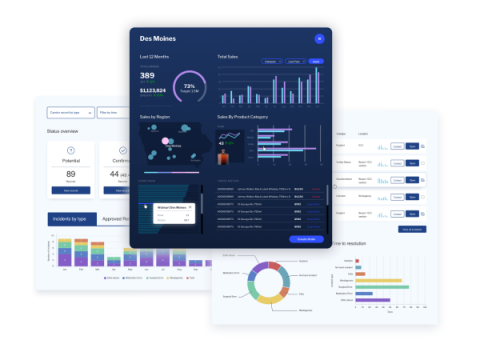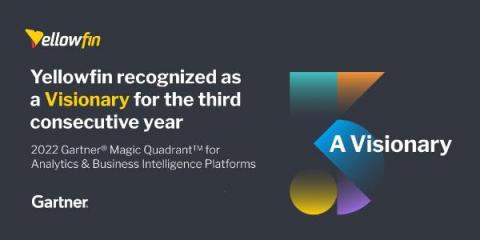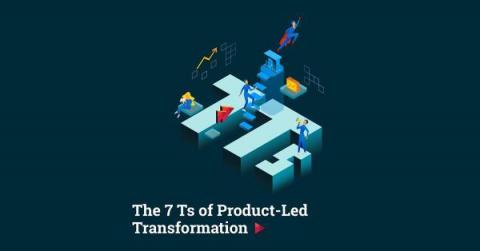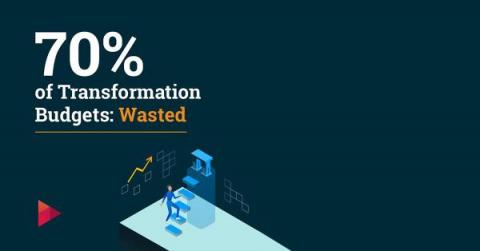3 Use Cases for Embedded BI in 2022 to Enhance Your SaaS Product
As data takes the center stage for many organizations, data experts and business leaders are figuring out how to analyze it all. The total amount of data created, consumed, and copied globally has reached 64.2 zettabytes in 2020 and forecasted a CAGR of 19.2% from 2022 to 2025. In other words, we need better tools to leverage it! Organizations today leverage their data to provide better services, build better products, and create new revenue streamlines.




